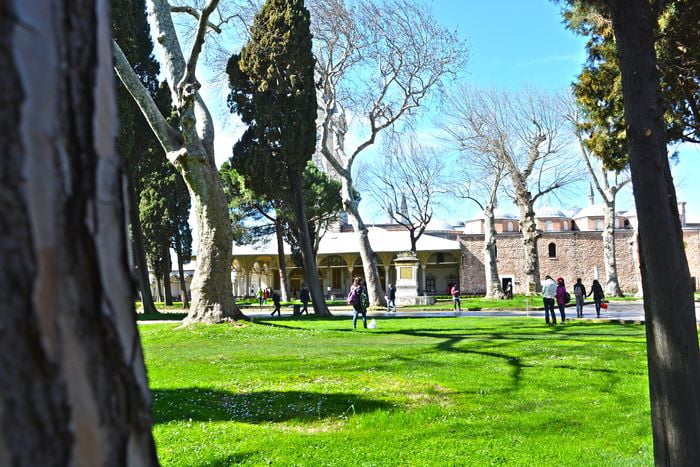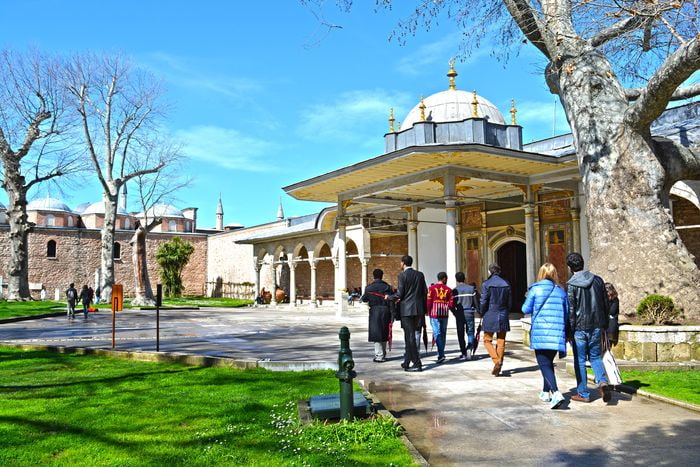He stood on the topmost of the courthouse steps, and for a moment looked down on the crowd with the usual air of official severity.
“Gentlemen,” he then cried out sharply, “by an ordah of the cou `t I now offah this man at public sale to the highes biddah. He is ablebodied but lazy, without visible property or means of suppoht, an ` of dissolute habits. He is therefoh adjudged guilty of high misdemeanahs, an is to be sole into labah foh a twelve-month. How much, then, am I offahed foh the vagrant? How much am I offahed foh ole King Solmon?”
Nothing was offered for old King Solomon. The spectators formed themselves into a ring around the big vagrant and settled down to enjoy the performance.
“Staht im, somebody.”
Somebody started a laugh, which rippled around the circle.
Acquaintance on Outskirts
The sheriff looked on with an expression of unrelaxed severity, but catching the eye of an acquaintance on the outskirts, he exchanged a lightning wink of secret appreciation. Then he lifted off his tight beaver hat, wiped out of his eyes a little shower of perspiration which rolled suddenly down from above, and warmed a degree to his theme.
“Gome, gentlemen,” he said, more suasively, “it `s too hot to stan ` heah all day. Make me an offah! You all know ole King Sol `mon; don `t wait to be interduced. How much, then, to staht `im? Say fifty dollahs!
Twenty-five! Fifteen! Ten! Why, gentlemen! Not ten dollahs? Remembah this is the Blue-grass Region of Kentucky the land of Boone an ` Kenton, the home of Henry Clay!” he added, in an oratorical crescendo.
“He ain `t wuth his victuals,” said an oily little tavern-keeper folding his arms restfully over his own stomach and cocking up one piggish eye into his neighbor `s face. “He’ain `t wuth his `taters.”
“Buy `im foh `is rags!” cried a young law-student, with a Blackstone under his arm, to the town ragpicker opposite, who was unconsciously ogling the vagrant `s apparel.
“I might buy `im foh `is scalp,” drawled a farmer, who had taken part in all kinds of scalp contests and was now known to be busily engaged in collecting crow scalps for a match soon to come off between two rival counties.
“I think I `ll buy `im foh a hat-sign,” said a manufacturer of ten- dollar Castor and Rhorum hats. This sally drew merry attention to the vagrant `s hat, and the merchant felt rewarded.
“You `d bettah say the town ought to buy `im an ` put `im up on top of the cou `t house as a scarecrow foh the cholera,” said someone else.
“What news of the cholera did the stage-coach bring this mohning?” quickly inquired his neighbor in his ear; and the two immediately fell into low, grave talk, forgot the auction, and turned away.
Read More about Apologia of St John Damascene Against those who Decry Holy Images Part 53








